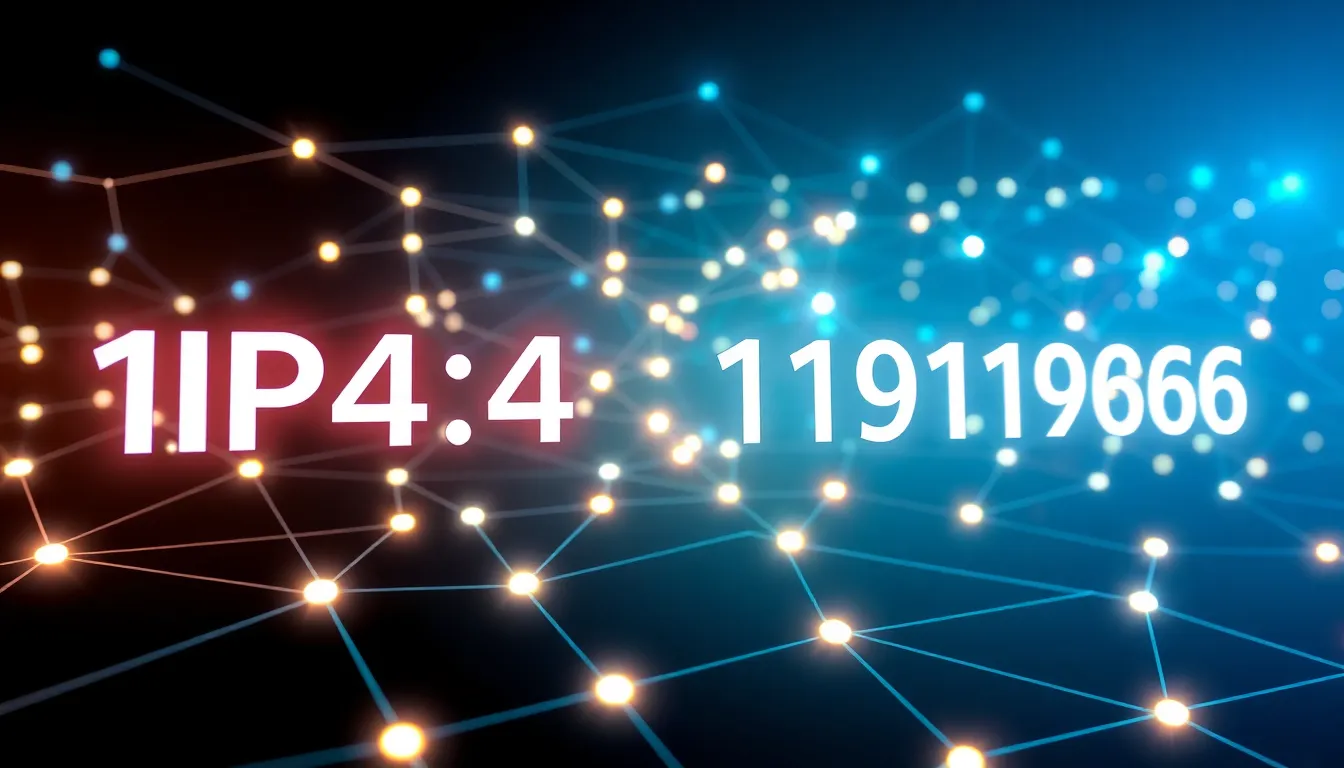When you think of the internet, your mind probably doesn’t wander to the twelve numbers that bring it all together. But guess what? Those numbers, specifically your IP address, are like the postal code of the online world. They’re vital for everything from sending emails to streaming your favorite shows. Curious about what makes them tick and how they affect your online experience? Buckle up, because this deep jump into IP addresses is about to get interesting, and maybe even a bit funny.
185.63.253.2p0 185.63.253.200l 185.63.283.200

An Internet Protocol (IP) address is nothing more than a series of numbers that identifies a device on a network. Just like a unique ID card, it helps computers, servers, and smartphones talk to each other across the vast web. Every device connected to the internet has one, enabling the flow of information required for them to function.
There are two major versions of IP addresses: IPv4 and IPv6. IPv4 consists of four numbers separated by periods, like 192.168.1.1. This version is still widely used and has about 4.3 billion possible addresses. Sounds like a lot, right? But with the explosion of internet-connected devices, we’ve nearly maxed that out. To save the day, IPv6 comes to the rescue with its long string of hexadecimal numbers. Think of IPv6 as the superhero version of IP addresses, packed with an astronomical number of possibilities.
Types of IP Addresses
IP addresses can be classified into several categories, and knowing the difference is key to understanding how your device interacts online.
- Public IP Addresses: These are assigned by your Internet Service Provider (ISP) and cannot be shared. Every device that connects to the internet has a public IP address. Essentially, it’s the address you’d give if you were sending a letter, very important for online transactions.
- Private IP Addresses: Used within local networks like your home or office, private IP addresses enable devices to communicate without the need for a public address. They are reserved for use on local networks only.
- Static vs Dynamic: A static IP address never changes, perfect for hosting websites or servers. Dynamic IP addresses, on the other hand, change periodically, often at the whim of your ISP or router, like that unpredictable friend who switches plans last minute.
Each type plays a vital role in the functioning of the internet, allowing everything from smooth web browsing to effective gaming.
Interpreting the Given IPs
The IP addresses in question, 185.63.253.2p0, 185.63.253.200l, and 185.63.283.200, may look like your typical number sequences at first glance. But let’s break them down:
- 185.63.253.2p0: This appears misconfigured because of the character “p” at the end. Valid IP addresses shouldn’t contain letters. If someone tries to connect to this address, they’ll most likely hit a wall. It’s like trying to fit a square peg into a round hole.
- 185.63.253.200l: Similarly, this address includes an extra character “l” at the end, rendering it improperly formatted. Cleanliness is next to godliness, especially in the world of IPs.
- 185.63.283.200: This one stretches the boundaries a bit, since the typical range for an octet in an IP address is between 0 and 255. The number 283 falls outside that range. So while it looks good on paper, it’s not valid in practice.
Summarizing, these examples highlight how even the slightest error can result in an invalid address, it underscores the importance of accuracy.
Common Issues With Similar IP Formats
Even the most seasoned networkers can stumble upon problems with IP addresses. Here are a few common issues:
- Misconfiguration: Misplacing a dot or adding unnecessary characters can lead to endless headaches. Always double-check your entries.
- IP Conflicts: When two devices on the same network try to use the same IP address, it creates a scenario straight out of a sitcom. The result? Both devices will experience connectivity problems.
- Subnetting Mistakes: Navigating subnets can be tricky. Misunderstanding your network’s structure may cause devices to fail to communicate with each other.
- Blocked Addresses: Sometimes, specific IP addresses can get blacklisted for suspicious activity or violations. That’s like being shown the door for showing up at a party uninvited.
Understanding these common issues won’t just make life easier: it can also speed up troubleshooting.
The Importance of IP Address Management
Effective IP address management (IPAM) is crucial for businesses and individuals alike. Without it, chaos reigns. Here’s why:
- Network Efficiency: A well-managed IP address pool ensures smoother communication and eliminates confusion. Think of it as organizing your closet: everything in its right place makes it easier to find.
- Security: Proper management can also bolster security measures. By monitoring IP usage, suspicious activities can be more quickly identified and mitigated. No one wants unwanted guests crashing their network, right?
- Cost-Effective: A structured approach to IP addresses can reduce operational costs significantly. Not having to reconfigure devices repeatedly will save both time and money.
In a world so heavily reliant on internet connectivity, the importance of IP address management simply can’t be overstated.



